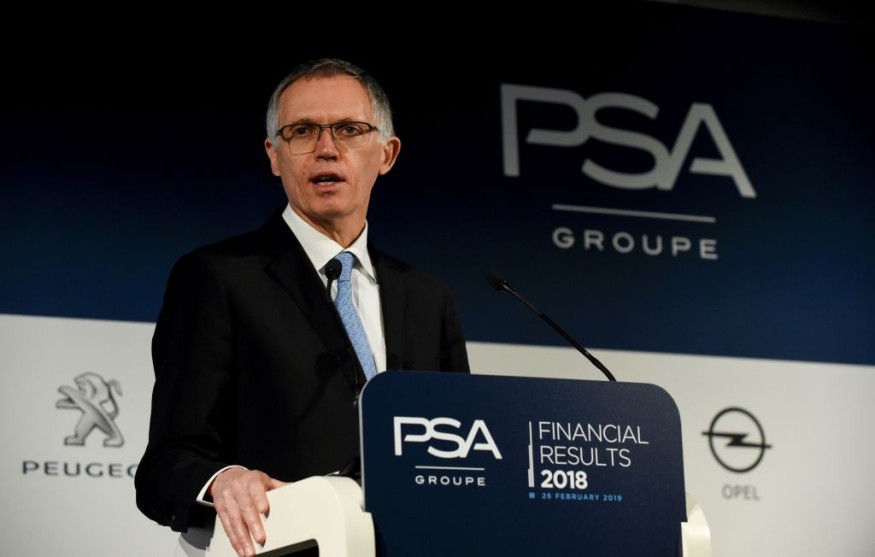
Carlos Tavares, the CEO of Stellantis, has resigned from his position following mounting disagreements with the automaker's board of directors.
The company, which oversees renowned brands like Jeep, Dodge, Peugeot, and Fiat, confirmed the resignation on Sunday. The decision is effective immediately, and an interim executive committee led by Chairman John Elkann will manage operations while the search for a new CEO continues.
Carlos Tavares Resigns as Stellantis CEO Amid Cost-Cutting Criticism
The announcement comes amid a turbulent year for Stellantis, marked by slumping sales, strained labor relations, and declining revenues.
Despite being praised for orchestrating the 2021 merger between Fiat Chrysler Automobiles and PSA Group to create Stellantis, Tavares faced criticism for what stakeholders described as excessive cost-cutting and mismanagement of key markets like North America, CNBC said.
Under Tavares' leadership, Stellantis implemented aggressive cost-saving measures, including workforce reductions and operational shifts to lower-cost regions. While these actions reportedly saved the company €8.4 billion ($9 billion), they also led to tension with labor unions and dealers.
The United Auto Workers (UAW) union, which had been calling for Tavares' removal, welcomed his resignation. UAW President Shawn Fain described the move as "a step toward correcting mismanagement and improving relations with workers."
This year, Stellantis struggled to maintain its footing in a competitive market. Third-quarter revenue dropped 27% year-over-year, and global vehicle shipments fell 20%. High prices and limited affordable options left many vehicles unsold, particularly in the US, a critical profit center for the company.
Italian Lawmakers Demand Clarity as Stellantis CEO Steps Down
In recent months, Stellantis faced further challenges, including a one-day strike by tens of thousands of workers in Italy and calls from Italian lawmakers to clarify its production plans.
The company's decision to relocate some manufacturing to countries like Brazil and Mexico added to the discontent.
According to AP News, Tavares had been expected to step down in early 2026 at the end of his contract, but growing friction with the board accelerated his departure.
Senior independent director Henri de Castries acknowledged in a statement that while Stellantis' success has relied on strong alignment between leadership and shareholders, recent differences made the resignation necessary.
The company has assured stakeholders that the search for a permanent CEO is well underway and will be concluded by mid-2024. Elkann expressed gratitude for Tavares' contributions and confidence in Stellantis' ability to navigate the transition.
The resignation marks the end of a pivotal yet contentious era for Stellantis as it seeks new leadership to address its financial, operational, and labor challenges.
















